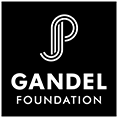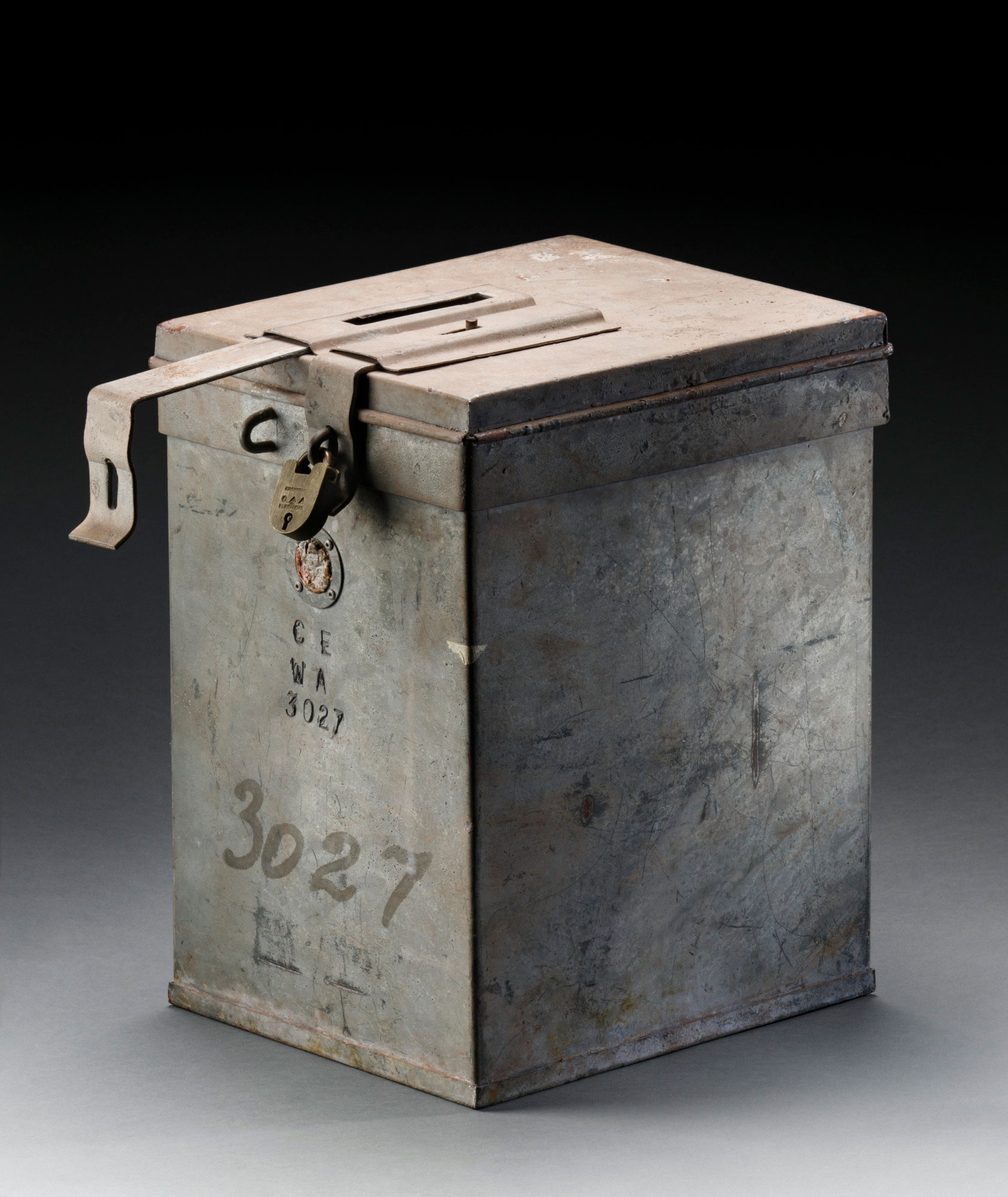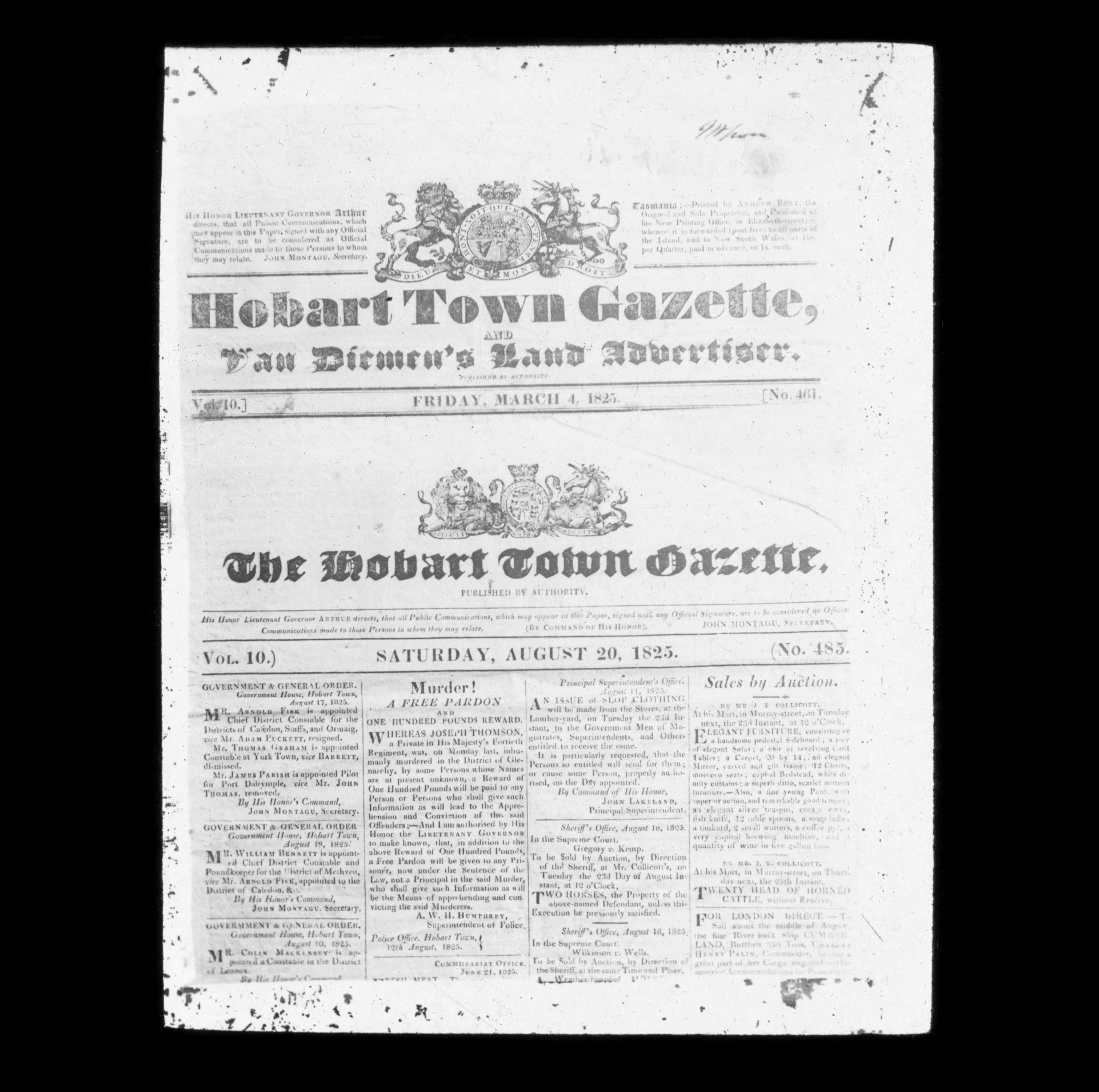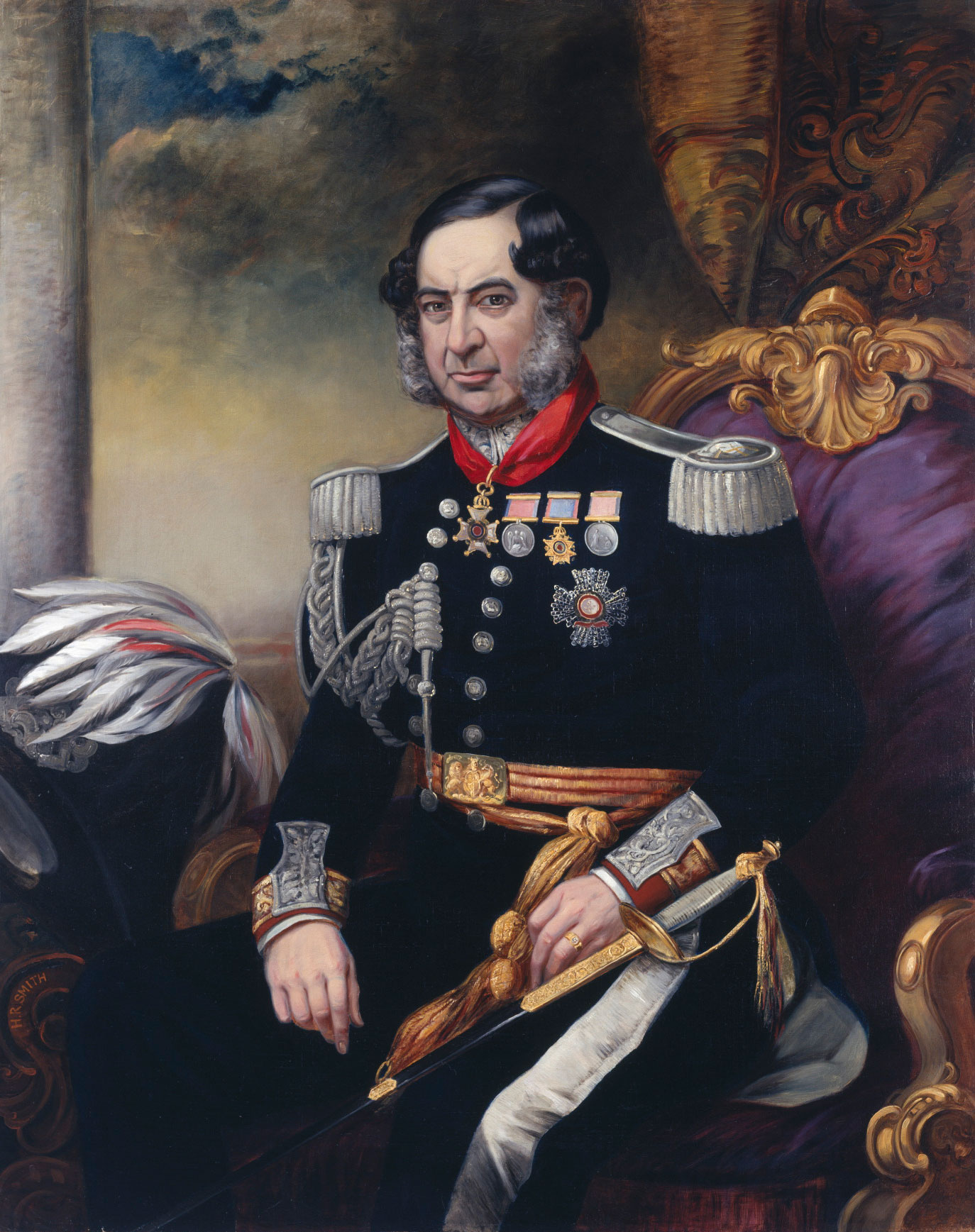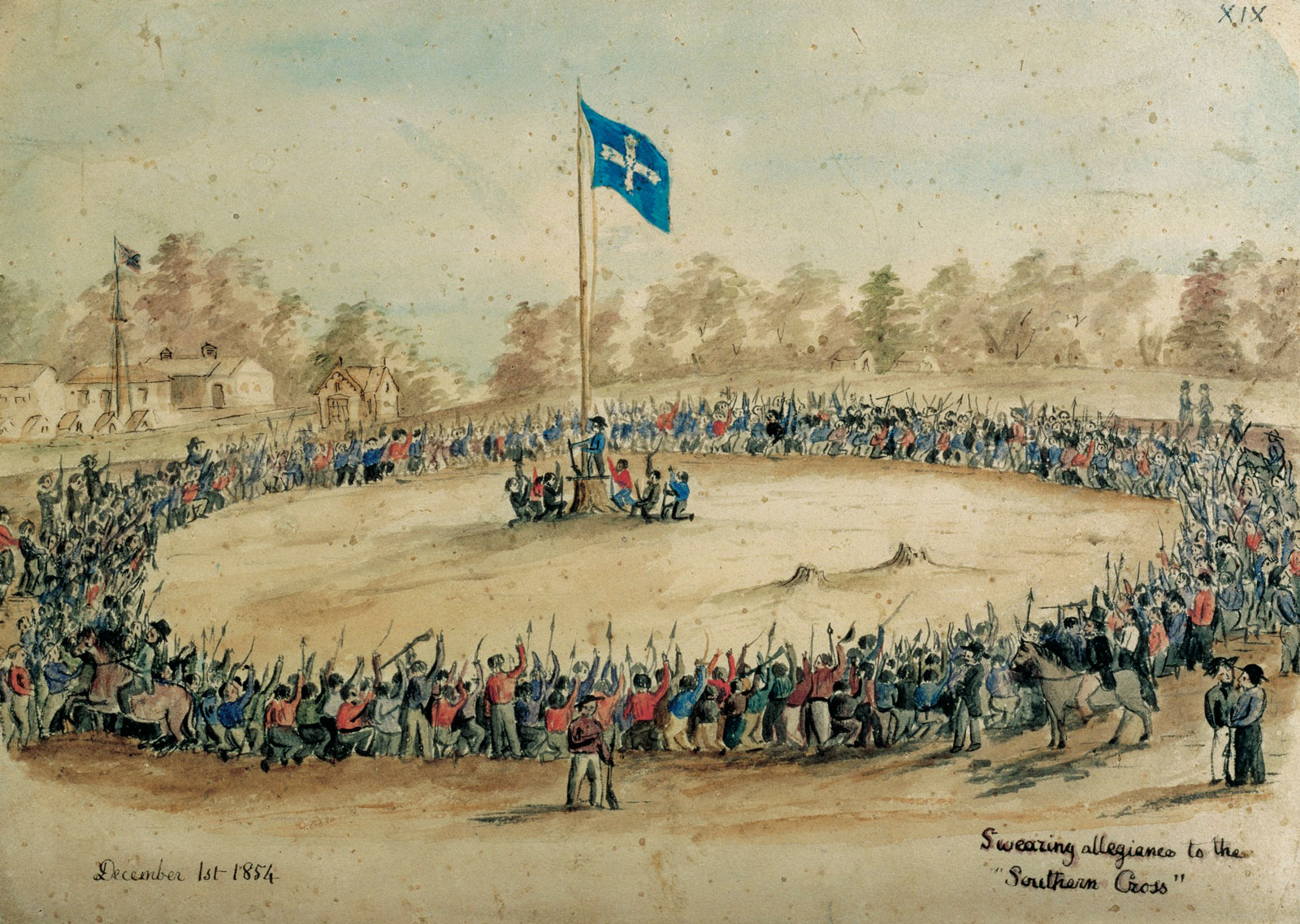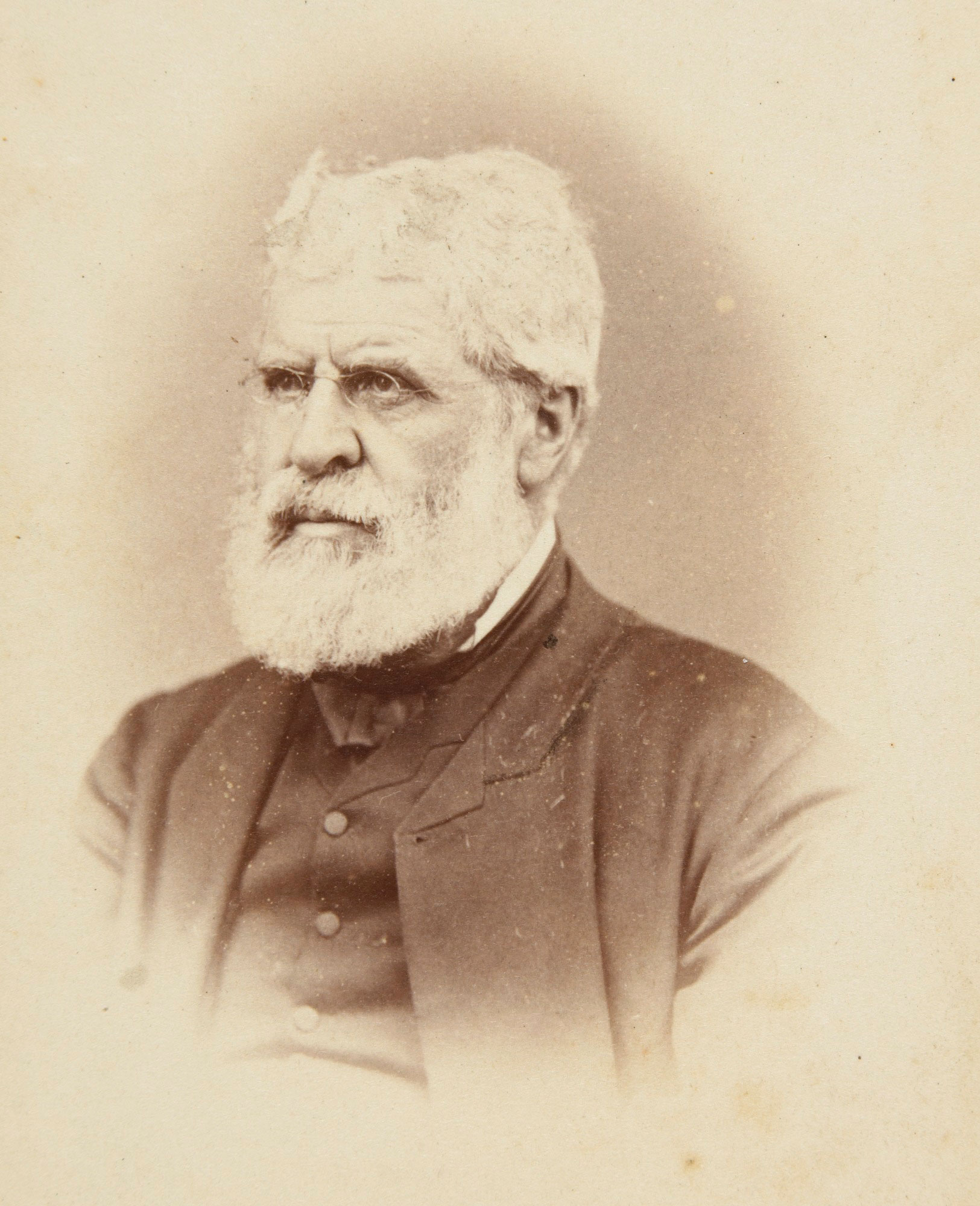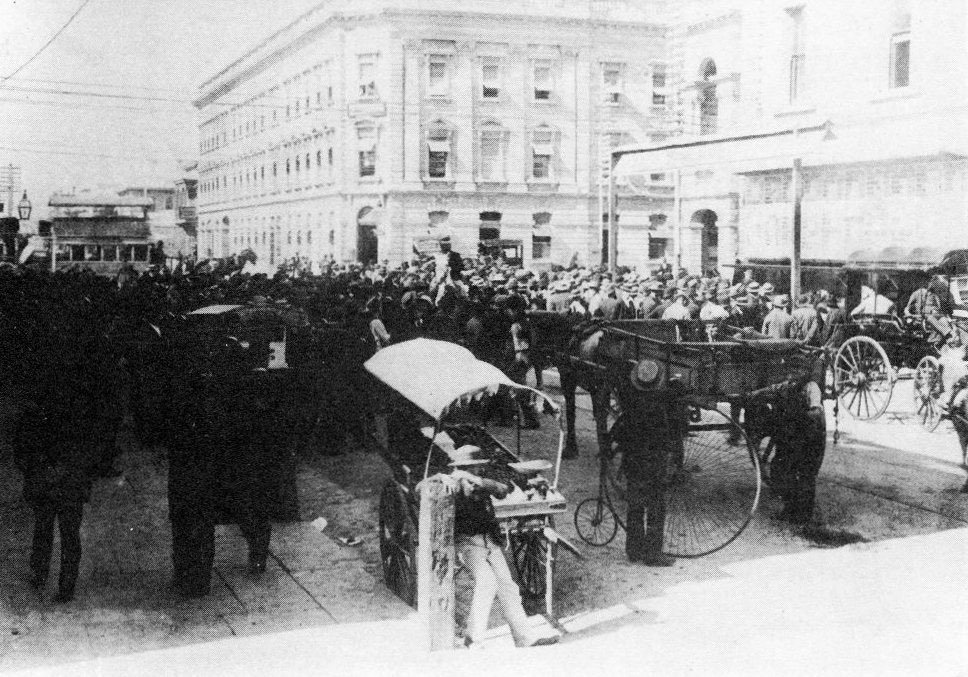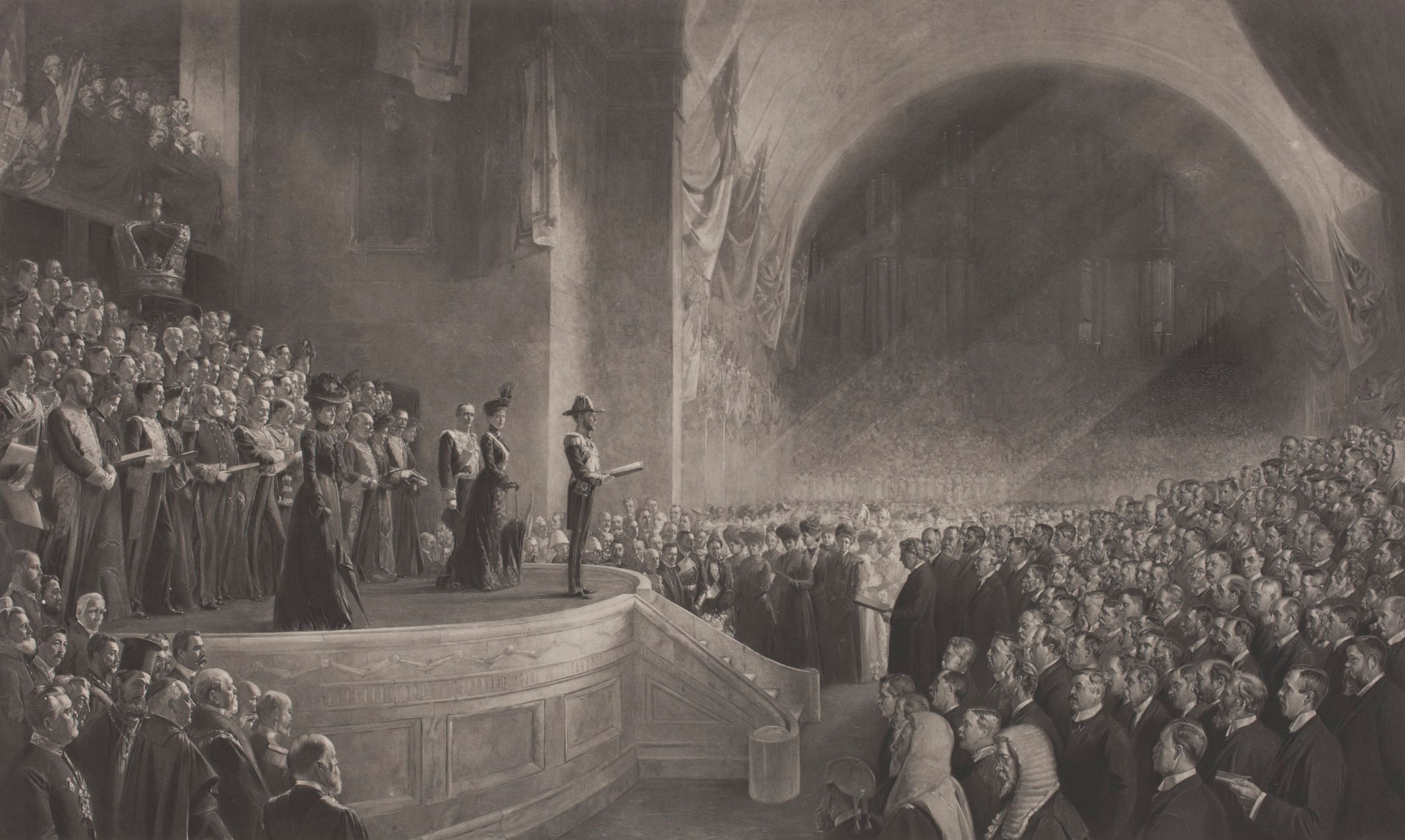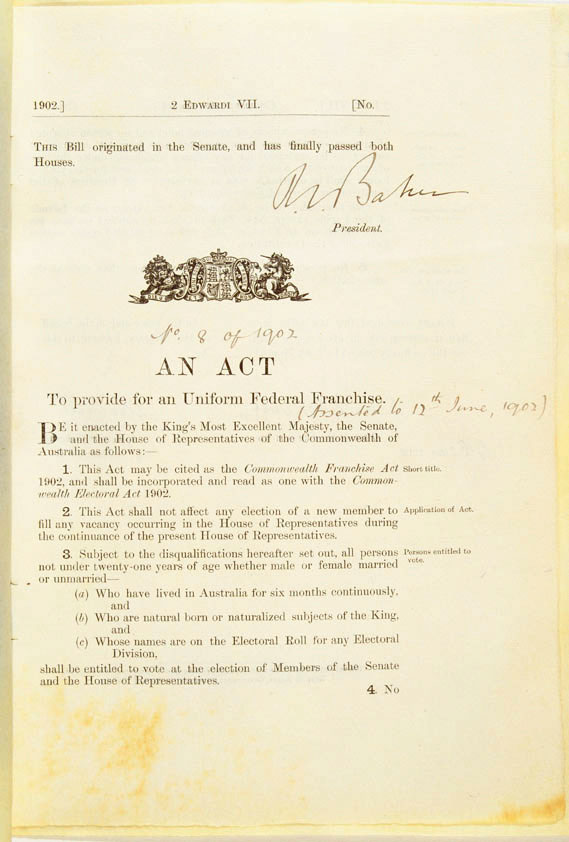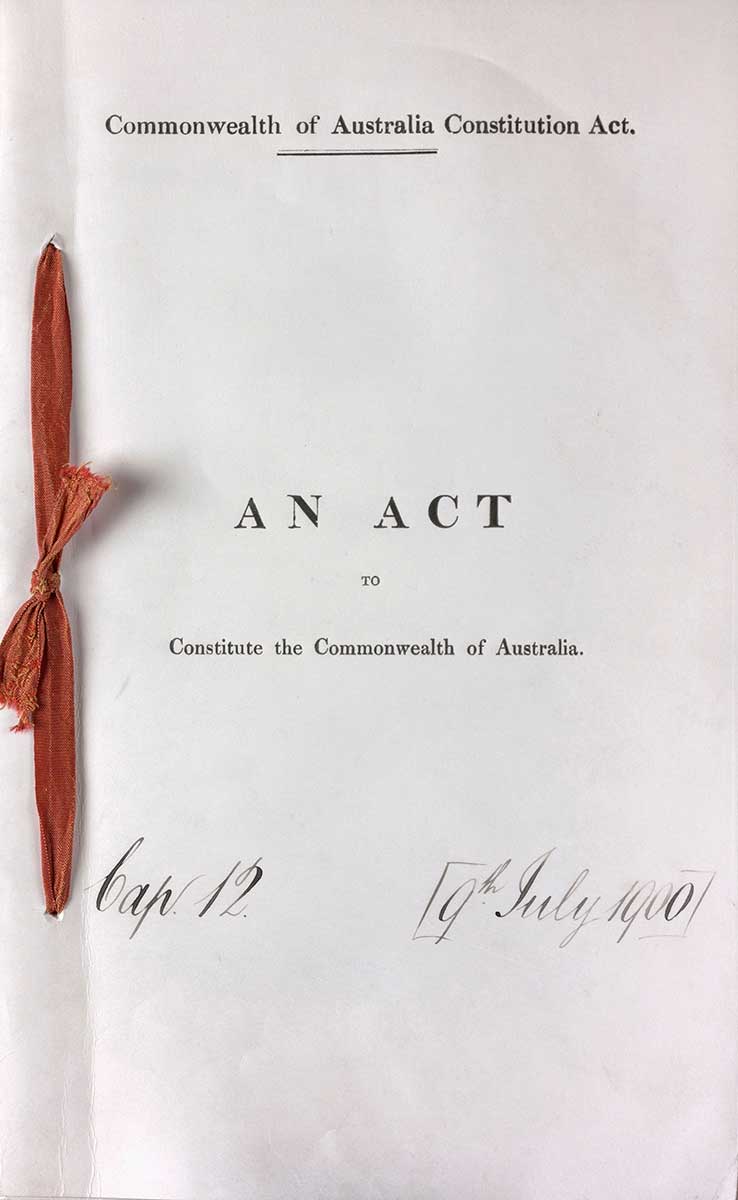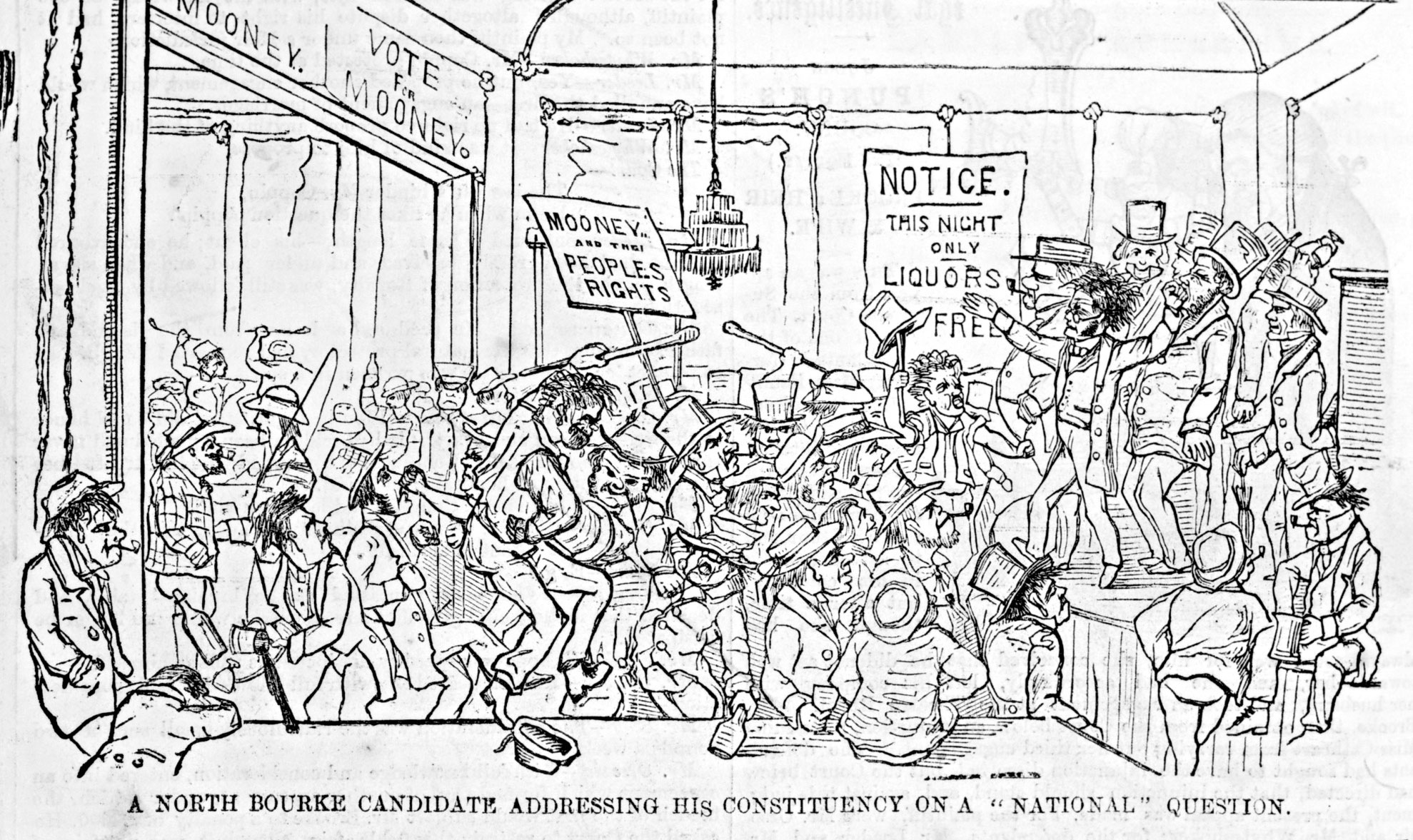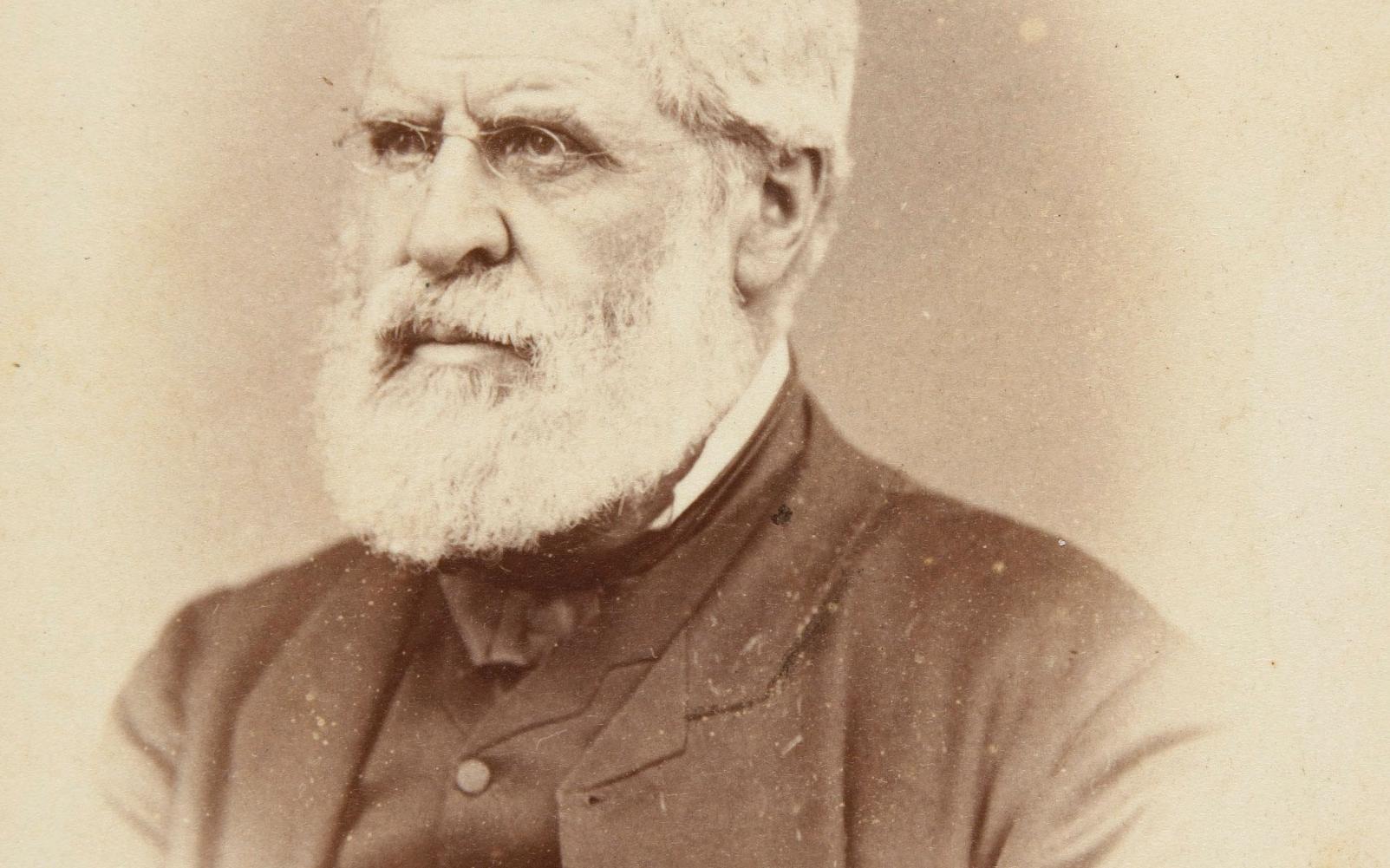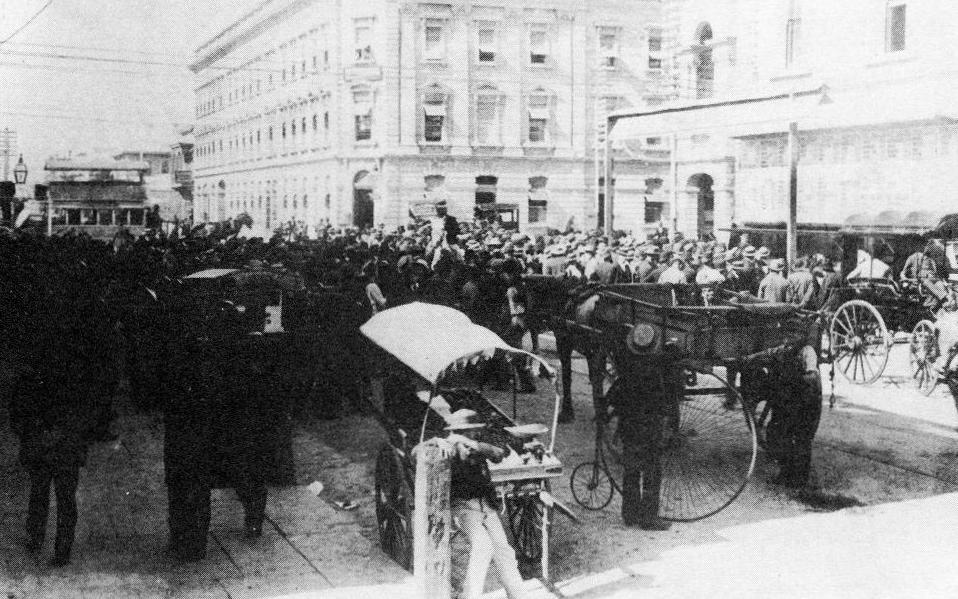Learning module:
Making a nation Defining Moments, 1750–1901
Investigation 4: Making a democracy
4.6 1872 Reading and writing at last: Free and compulsory education
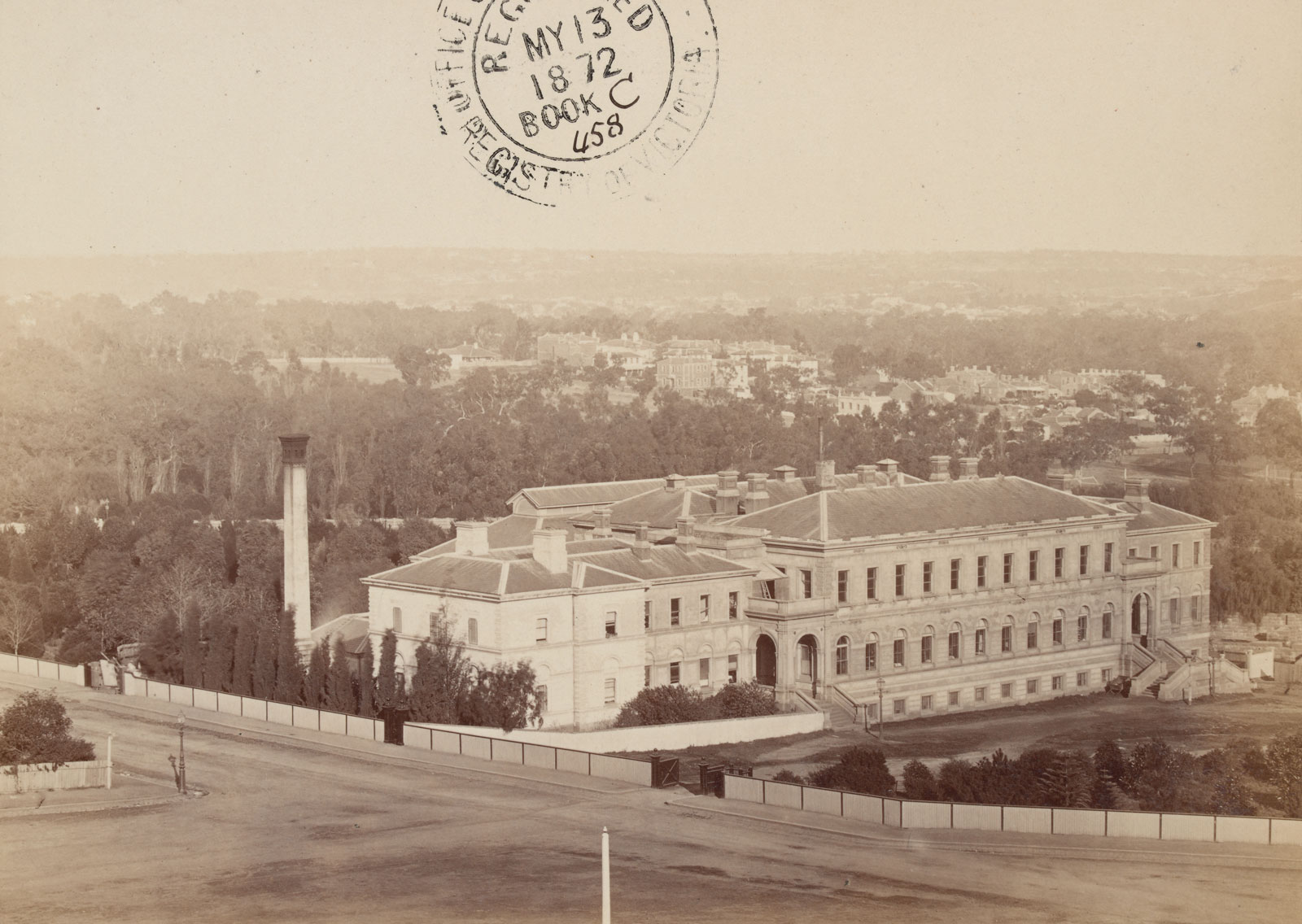
Part of a healthy democracy is the ability of people to have access to the best information about what is happening in any situation. This means that a free press is important, but it also means that the ability of people to access that information is important — and that in turn means that literacy is important.
How was literacy achieved in colonial Australia?
1. What two school systems existed in Australia by the 1870s?
2. Why were denominational, or church-run schools, more common until the 1850s?
3. What divisions did this create?
4. How did the gold rush change the need for an extensive education system?
5. In Victoria there was much argument and lack of agreement, but in 1872 an education Act was passed with three key features: the government was to provide schooling that was free, compulsory, and secular. What is the significance of each of these three features?
6. What impacts did this have on the funding of state schools, and the funding of church-run schools?
7. What impact did this have on education, and therefore on democracy?
8. What does this event help you understand about the development of democracy in Australia?
9. Why was this Defining Moment so significant in Australian history?
10. If you were advising the National Museum of Australia on an object that it could display to tell the story of this event, what would you suggest? (You can see what objects they actually have using the National Museum of Australia collections search)




